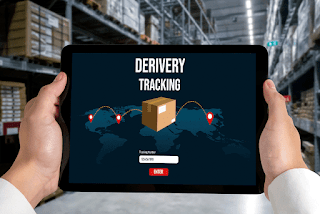Collaborative logistics: Strengthening partnerships across the supply chain

In modern business, where efficiency and responsiveness reign supreme, the significance of collaboration in logistics cannot be overstated. In today’s interconnected world, where supply chains stretch across continents and industries, fostering strong partnerships is the cornerstone of success. Collaborative logistics is not merely a buzzword; it’s a strategic imperative that drives innovation, reduces costs, and enhances customer satisfaction. At its core, collaborative logistics embodies the idea of working together seamlessly across the entire supply chain ecosystem, from suppliers to manufacturers, distributors, retailers, and ultimately, the end consumer. This holistic approach acknowledges that every player in the supply chain is interdependent and that optimizing operations requires shared goals, transparent communication, and mutual trust. One prime example of successful collaboration in logistics is the partnership between retail giants like Walmart and its suppliers. Th...





